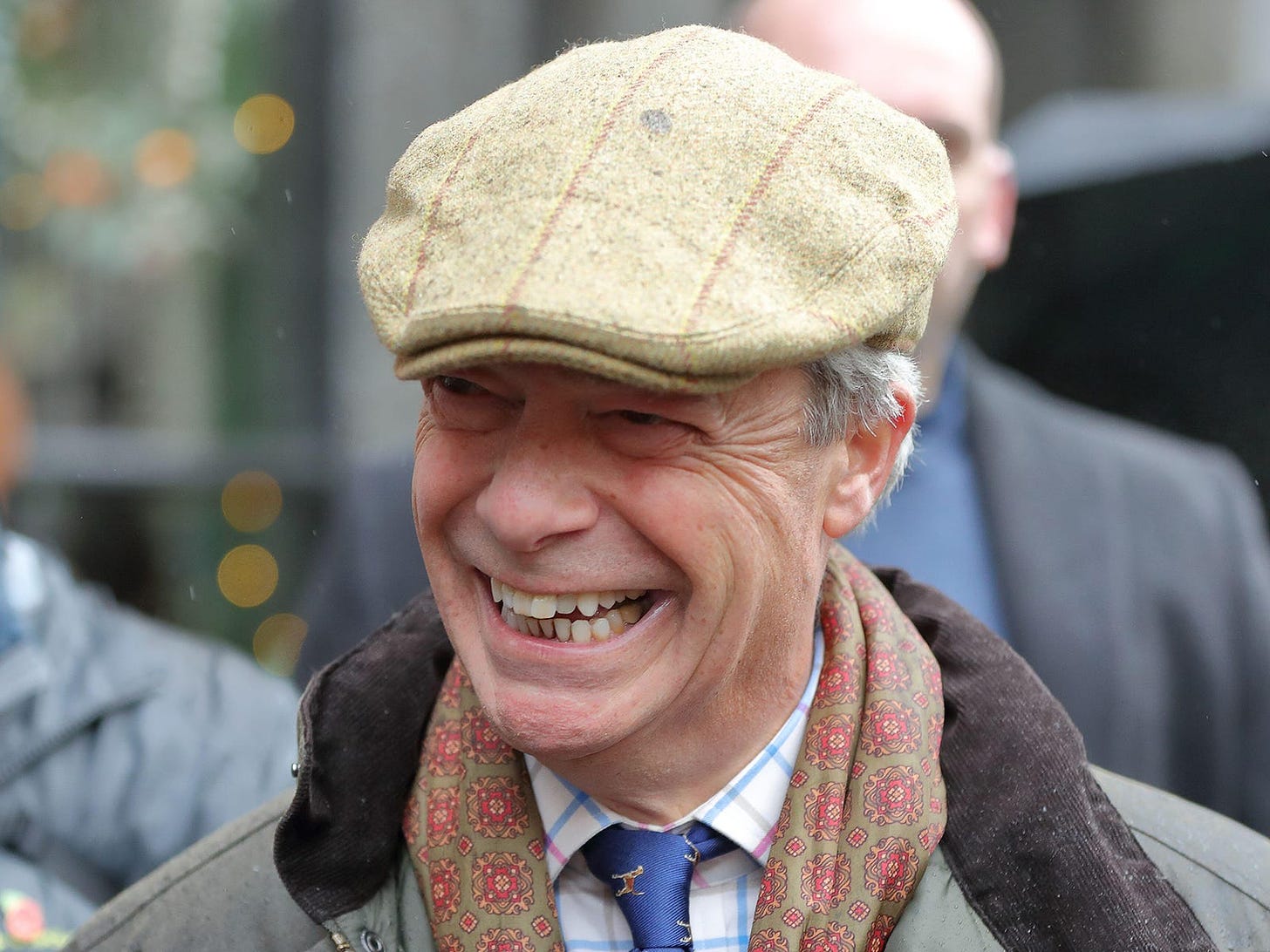"National security is the foundation for national stability and growth”, said defence secretary John Healey today, as he launched the UK’s first defence industrial strategy since Russia invaded Ukraine.
Speaking to Iain Martin at the LDC investment forum in London today, Healey said the government would use “war game” exercises, to play out military scenarios and test how well the Ministry of Defence and firms could maintain supplies to the front line if faced with intense fighting and supply chain disruption.
According to Healey, the full strategy - one that will create jobs across the country in military-focussed companies - will be published in late spring 2025. And investors and trade unions will be amongst those invited to offer their views on Britain’s defence sector.
In addition to Healey’s keynote speech, today’s conference - a winter gathering in the City of London of investors, industry, policymakers, academia and media - set into context the perilous world in which such security pledges are being made.
Aside from the threat posed by Putin’s Russia, panelists discussed the looming potential of a Chinese invasion of Taiwan.
How to counter these global security risks?
While Healey focussed on national resilience, other panelists throughout the day discussed wider forms of cooperation - “an allied solution”.
Shashank Joshi, The Economist’s Defence Editor, insisted he was “not fatalistic” about the notion “that China will simply steamroll us” because “collectively, we are very powerful”.
The “we” in question being Australia, the UK and the US in this instance, since Joshi was expressing optimism over the future of the trilateral AUKUS security pact.
While pillar one of AUKUS involves the building of a fleet of nuclear submarines, pillar two involves collaboration on a range of defence and security areas, particularly in emerging technologies, such as artificial intelligence and electronic warfare.
Such collaboration would allow allies to coordinate different strengths, argues Joshi. Britain, for instance, can benefit from Australia’s superior wind tunnels, which are useful for aerodynamics, while the UK’s expertise in the field of AI exceeds that of Australia’s.
Yet the speed and cost of AUKUS projects remain a challenge for the security pact, as does a lack of consistent leadership.
That said, Matt Westbrook, of DYNE Ventures, predicts that Trump 2.0 won’t pose too great a threat to the pact. On the contrary, a single market for AUKUS, which “would help speedy procurement”, may appeal to his administration.
Sophia Gaston, Australian Strategic Policy Institute, doubts too that the fast approaching Australian elections will put the project in jeopardy. On the contrary, “the challenger party in Australia is extremely committed to AUKUS and may want to go even faster”.
Though that’s not to say there isn’t a lively domestic debate in Australia about AUKUS. “As there should,” adds Gaston, “because 360 billion is an enormous budget bind”.
Increasing public support for this expensive project - in all three nations - will require strong political leadership, the panelists insisted.
Should there be a dedicated AUKUS minister? Perhaps, says Gaston. “This is something the AUKUS review can look at. Though, she would happily trade an AUKUS minister “for a Prime Minister properly dedicated to the project”.
Caitlin Allen
Deputy Editor
ON REACTION TODAY
Iain Martin
Get ready for the Musk-funded Reform surge - starting in Scotland
Jack Dickens
“It’s do or die”: Ukraine’s battlefield evacuation system is on the brink of collapse
Ian Stewart
Why we need to pay more attention to GDP per capita
ALSO KNOW
National Rally threatens to oust the French government – Jordan Bardella, the President of Marine Le Pen’s National Rally, has threatened to bring down Prime Minister Michel Barnier’s government over France’s 2025 budget. Bardella said this morning that the RN would initiate a vote of confidence unless Barnier concedes to his and Le Pen’s demands by scrapping a proposed temporary freeze on inflation-adjusted increases to pensions.
Wormald to head civil service - Keir Starmer has appointed Chris Wormald, a career civil servant who heads the health department, to become the new cabinet secretary. Wormald, who has spent eight years as permanent secretary at the Department of Health and Social Care, will take over from Simon Case on 16 December as the most senior official in the country. Wormald was the least tipped of the four-strong shortlist.
Germany pledges an extra $685 million to Ukraine – Chancellor Olaf Scholz of Germany visited Kyiv today and pledged that Germany would provide an additional $685 million in military aid for Ukraine’s war effort. The Chancellor’s visit has come at a time when he is under pressure due to federal elections coming up in February. Scholz’s main rival to be Germany’s next Chancellor, Friedrich Merz of the CDU, has persistently criticised Scholz for not doing enough to supply Ukraine with military equipment, such as long-range missiles.
President Biden pardons his son Hunter – President Joe Biden has issued a “full and unconditional” pardon for his son, Hunter Biden, who has been convicted of lying to acquire a firearm and tax evasion. The President claimed that his son had been “selectively, and unfairly prosecuted” by “several of my political opponents in Congress”. President-elect Donald J. Trump has described Biden’s act as an “abuse and miscarriage of justice”.
Drop in support for Labour’s economic policies – Public support for Labour’s economic policy has declined significantly in the wake of October’s autumn budget, according to a new poll carried out by YouGov for The Times. The figures, published today, indicate that fewer than a quarter of voters believe that the government is handling the economy well. Meanwhile, 54% of the 2,203 people polled believed that the government’s plans to impose a 20 per cent tax on inherited agricultural assets worth more than £1 million is wrong.
Syria and Russia bombard opposition forces – Syrian and Russian aircraft have carried out a series of airstrikes against opposition forces in northern Syria. The airstrikes come in response to the offensive led last week by the Islamist militant group Hayat Tahrir Al-Sham, or HTS, which captured Aleppo and routed the Syrian regime’s forces. President Bashar al-Assad has vowed to “crush” the rebel forces fighting his regime. The Iranian foreign minister, Abbas Aragchi, flew to Damascus on Sunday to declare the Islamic Republic’s continued support for the Syrian government.
FIVE THINGS
Curated by the Reaction Team - Jack Dickens
Germany’s next chancellor is likely to be its weakest. James Angelos in POLITICO.
Journalism’s what if problem. In The Atlantic, Noah Hawley argues that too many reporters are writing fiction.
Assisted dying isn’t freedom, writes Ashley Frawley in COMPACT.
Joe Biden was always going to pardon Hunter. Freddy Gray in The Spectator.
Assad’s old allies can’t ride to the rescue this time. Hassan Hassan analyses the Syrian dictator’s dilemma in The Telegraph.








